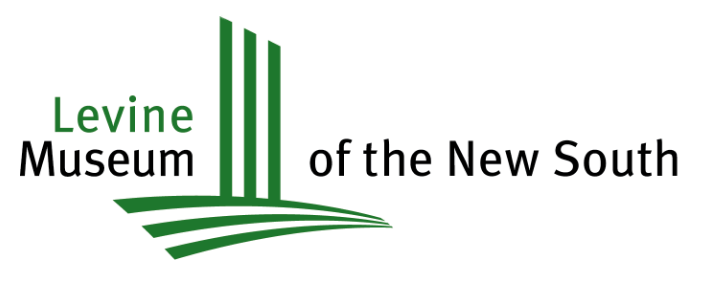In April of 1955, a North Carolina Communist Party leader named Junius Scales was tried and convicted for violating the Smith Act, which made it illegal to promote the violent overthrow of the United States government or be part of an organization that promoted it. His conviction was overturned, but he was eventually retried and sentenced to six years in prison. After serving 15 months, his sentence was commuted, or ended, by President John F. Kennedy.
Made “Contact” With Cell Sunday
GREENSBORO, April 19 – A Communist Party cell is still in existence in Durham, a 24-year-old FBI undercover agent at the University of North Carolina told the Junius Scales trial in Federal Court here today.
Charles B. Childs, who volunteered to join the Communist Party as an undercover agent while still at Carolina, said that he had made “contact” with the cell two days ago.
The next day – Monday – he was called to the stand here as a surprise government witness against Scales.
Childs did not go into the scope or activities of the Communist cell in Durham.
In other dramatic developments today, Childs also told of attending an all-day meeting with Scales, a confessed Communist, and other party members in a Duke forest picnic area near Durham three years ago.
Childs said the meeting was held in October of 1952 and served as a “reunion” for those who attended a secret Communist Party School the month before near Winston-Salem.
Childs said Scales and his wife, Gladys, were on hand for the session. Childs also identified others who gathered in picnic area No. 10 as: Jerry Van Camp of Durham, George and Betsy Van Camp of Winston-Salem (Jerry’s brother), and a Durham girl identified only to him as “Blanche.”
He quoted “Blanche” as saying she “had gotten into some sort of trouble about distributing leaflets” of some type in Durham. Childs said he was unable to give her real name.
Jerry Van Camp was identified by Childs yesterday as a Communist. Childs said yesterday also that Nat Bond of Durham also was a party member.
Today, Childs said Bill Robertson, a former Carolina student, whom he called a Communist yesterday, is living in Durham at the present time.
Childs said the Duke Forest meeting broke up after an all-day session and that he returned to Chapel Hill in a car driven by George Van Camp and also containing Scales.
Childs said that as the car approached Chapel Hill, Scales laid down in the floor of the back “to keep from being seen.”
(Ralph Clontz Jr. of Charlotte, a former FBI undercover agent, had previously testified that Scales went “underground” in 1950.)
Childs said those attending the Duke Forest “picnic” severely criticized him for going against Communist Party orders and leaving his industrial job in Winston-Salem and returning to school.
Childs quoted Scales’ wife as saying that day she did “not know if he could be trusted” because he refused to obey the party orders.
Childs said he met up with the two Van Camp men in a parked car behind Graham Memorial Student Union Building on the Carolina campus and drove to Durham where Scales met them in Duke Forest.
He quoted Mrs. Betsy Van Camp as saying that “arrangements” had already been made to use the picnic area.
_________________________________________________________________________________________
Citation: The Daily Tar Heel. (Chapel Hill, N.C.) April 20, 1955. North Carolina Newspapers, North Carolina Digital Heritage Center. https://newspapers.digitalnc.org/lccn/sn92073228/1955-04-20/ed-1/seq-1/. Accessed 29 September 2023.
Questions
- How was Charles Childs an effective witness in the government’s case against Junius Scales?
- What examples from the article reveal how communism was portrayed to the public during the Cold War?
- Do you think this article illustrates what happened during what was called the Red Scare? Why or why not?
Vocabulary
Cell: small group that is part of a larger organization
Leaflets: brochures or flyers about something
Underground: in hiding





